Spiritual/Religious Competency Training for Veterans Affairs Mental Health Trainees
Principal Investigators
Dr. Jeanette Irene Harris
VA Maine Healthcare System
Dr. Susannah Kondrath
VA Maine Healthcare System
Abstract
The goals of this study are to (1) determine the baseline level of religious/spiritual (R/S) competency in Veterans Health Administration (VHA) mental health (MH) trainees and their supervisors, (2) develop training modules for enhancing R/S competencies in VHA MH trainees and supervisors, (3) identify types of training that are most likely to be used by VHA MH trainees and supervisors, what trainings are most effective in increasing R/S competency and comfort, and the effectiveness of various levels of training, and (4) share findings and materials with training programs and universities to increase R/S competencies globally. VHA leads the world in MH treatment and training, employing and training more MH providers than any other entity (OAA, 2021). However, despite the effectiveness of R/S interventions, such interventions are rarely implemented by VHA MH providers. We propose to develop and evaluate the effectiveness of training in R/S competencies in VHA MH trainees and supervisors. When supervisors have R/S training themselves, they can support and supervise trainees in R/S interventions, removing implementation obstacles. We will develop trainings to have meaningful effects among MH clinicians who previously had little or no training in R/S integration. By developing and implementing training in VHA, we could maximize change in attitudes, behavior, and skills of providers, as well as MH treatment nationwide. To identify effective methods of measuring R/S competence, we will assess participants across multiple timepoints using the Religious/Spirituality Integrated Practice Assessment Scale (RSIPAS, Oxhandler & Parrish, 2016). We will measure additional constructs (e.g. prior R/S training, religious commitment, cultural comfort, spiritual struggle, demographic information) to contribute to convergent and discriminant validity for this instrument. To identify the best methods and practices for promoting acquisition of R/S competencies in clinical training settings, we will explore the length (15-minute modules vs. 1-hour modules vs. full-day workshops) and content (ethics/scope of practice vs. interdisciplinary consultation vs. interventions) of training that contribute to increased R/S competency acquisition. By observing which trainings are used, we will determine what types of training MH trainees and supervisors are most likely to select. This will allow us to learn what types of training can be effectively conducted at VHA training programs. To discover to what extent R/S competence may improve outcomes and client functioning, we will ask participants to respond to open-ended, qualitative questions to tell us about their experiences using R/S interventions, changes to their practice, and impact on therapeutic alliance and treatment process. Furthermore, we will select representative trainees to participate in observed role-play exercises so that we can observe if there are changes in skills pre- and post-training. This study is significant and innovative in that it: (1) targets trainees in the largest MH training institution in the country; (2) targets trainees outside of religious training programs, providing opportunities for federal employees, including those without religious commitments, to increase R/S competencies; (3) will result in cost-effective, useful training materials that can be easily accessed to improve competencies across multiple training settings.
Project Team
Dr. J. Irene Harris, Co-PI
Dr. Susannah Kondrath, Co-PI
Jennifer Breslin, Co-Investigator
Don Davis, Statistician
Matt Cassady, Consultant


